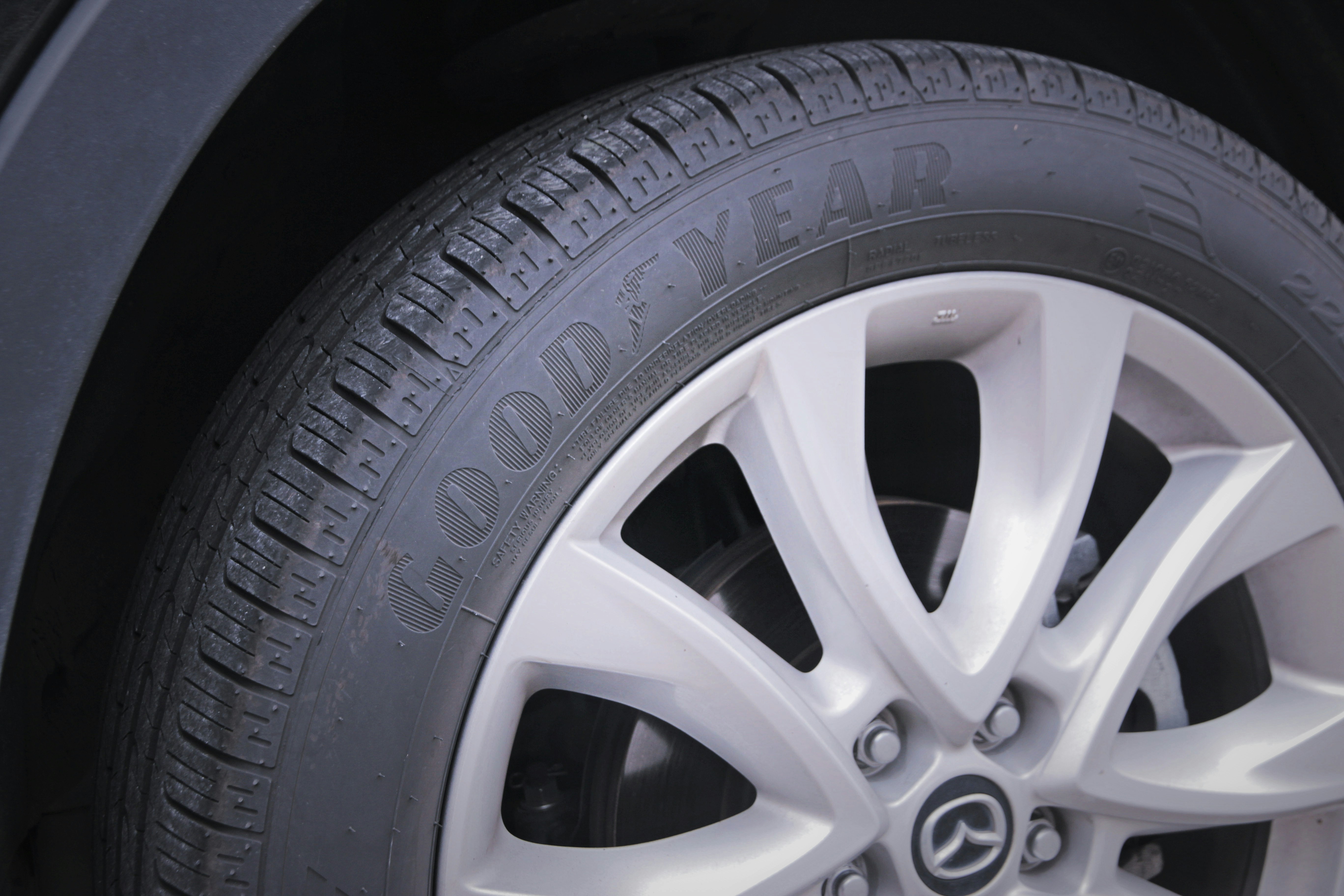Shifting Gears: The Resurgence of Diesel Engines in Modern Automobiles
With the world moving towards greener alternatives for energy, the diesel engine has often been sidelined in the narrative of the automotive industry. However, recent developments have unleashed the unforeseen potential of diesel, making it a viable and efficient option for modern vehicles. This article delves into the history, current trends, and future implications of diesel engines in the global automotive landscape.

Diesel Engines: A Historical Overview
The story of diesel engines begins with their namesake, Rudolf Diesel. In the late 19th century, Diesel, a German engineer, designed an internal combustion engine that would use compressed air to ignite fuel, a principle still in use in modern diesel engines. Diesel engines found their niche in commercial vehicles, known for their robustness and fuel efficiency.
The Current State of Diesel Engines
In recent years, diesel has faced considerable backlash due to environmental concerns. The image of diesel as a ‘dirty’ fuel has led to a decline in the popularity of diesel engines. However, advancements in diesel technology have begun to challenge this narrative.
Today’s diesel engines are far more sophisticated, with high-pressure fuel injectors and advanced exhaust aftertreatment systems. These innovations have helped reduce harmful emissions significantly, making diesel engines more eco-friendly than ever before.
The Impact of Diesel Technology on the Automotive Industry
Modern diesel technology has begun to reshape the automotive industry. Diesel engines are making a comeback in the passenger car segment, with several leading automakers introducing diesel variants of their popular models. Diesel technology has also found applications in high-performance vehicles, thanks to its high torque output and fuel efficiency.
The Pros and Cons of Diesel Engines
The benefits of diesel engines are manifold. They offer superior fuel efficiency, making them an economical choice for long-distance driving. Diesel engines also deliver higher torque, providing better towing capacity and off-road performance.
However, diesel engines have their share of challenges. They require more maintenance and are generally more expensive than their petrol counterparts. Moreover, despite improvements, diesel engines still emit a higher level of particulates, posing environmental concerns.
The Future of Diesel Engines
While diesel may not be the fuel of the future, it certainly has a role to play in the present. As the automotive industry transition towards cleaner energy sources, diesel engines can serve as a bridge technology. With continuous advancements in diesel technology, these engines will continue to be a part of the automotive landscape for the foreseeable future.
In conclusion, the resurgence of diesel engines demonstrates the dynamic nature of the automotive industry. As engineers and innovators continue to push the boundaries of what’s possible, diesel engines stand as a testament to the enduring spirit of automotive technology. Despite the challenges and criticisms, diesel engines have managed to evolve and adapt, carving a niche for themselves in the ever-evolving world of automobiles.




